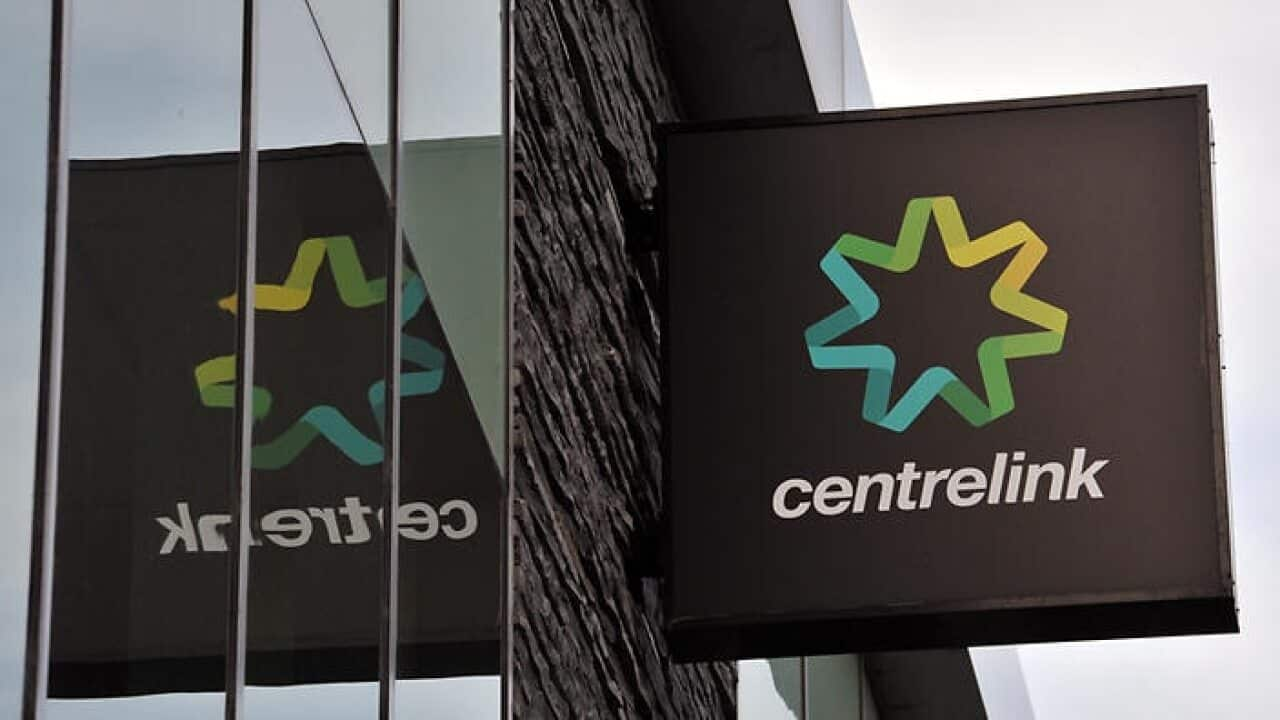Old age pensioner Robert Cummings says today marks the beginning of the end of “three long years.”
Robert had been repaying a “robodebt” since early 2017. Each fortnight, the government deducted $15 from his pension to pay off a debt of just under $2000.
Today, the federal government announce recouped from 470,000 debts generated through the contentious scheme, known officially as the “Income Compliance Program.”
It is not clear who exactly will receive a refund, but Robert says it is welcome news.
“I am over the moon and excited to see the government has finally seen its folly,” Robert told The Feed.
“I have been holding my breath and the fact this is happening is amazing. The pressure has been put on the government and they’ve acted.”
The robodebt scheme, which began at the end of 2016, matched Australian Tax Office data with the income information welfare recipients provided to Centrelink. If the computer detected a discrepancy, it triggered a request for more information, such as payslips dating as far back as 2010. A debt notice would be issued if information wasn’t provided or a discrepancy was outstanding.
At the time of its launch, thousands of Australians began receiving debt notices for overpaid welfare. Some of these people hadn't been on Centrelink for more than five years.
Previously, staff would cross-reference ATO data with reporting data themselves to verify whether debts existed and would then issue debt notices appropriately. Since the end of 2016, the onus of proof has been reversed and the debt recipient must prove they didn’t owe money.
Robert was one of over half a million who was asked to disprove his automatically generated debt, requiring him to track down years of payslips for the debt period.
Figures from the Senate estimates last year showed that more than 2,000 people died after receiving the same notice.
“I think of the people who have suffered after receiving debt letters,” Robert said.
After collecting his payslips, Robert's debt was reduced by just over $1000. He has been paying the rest off since.
Years after stanchly defending the scheme, the federal government began backing away from the scheme as it faced mounting legal challenges, including a class action launched last year.
Robert is part of this class action.
Minister for Government Services Stuart Robert said today that all money the government had recovered through the "income averaging" method would be refunded.
Debts will be refunded from July.
"The total value of refunds including fees and charges is estimated at $721 million," Minister Robert said in a statement.
Robert says if he is one of the 470,000 who will receive a refund, the money will be a relief.
“It will help with everything, my rent has just increased slightly.” The government stopped using the income averaging method in November last year, around the time it had been advised by the public service that the scheme was "unlawful".
The government stopped using the income averaging method in November last year, around the time it had been advised by the public service that the scheme was "unlawful".

Robert Cummings spent months gathering payslips from several workplaces to disprove his debt. Source: Emily Jane Smith
The founder of #NotMyDebt, a grassroots volunteer group helping debt recipients, Lyndsey Jackson says that this is welcome news for the group who have been advocating against the robodebt scheme since its inception.
“It is unclear whether those who complied with the government's request to provide income information [payslips] to disprove debts will also receive a refund,” she said.




